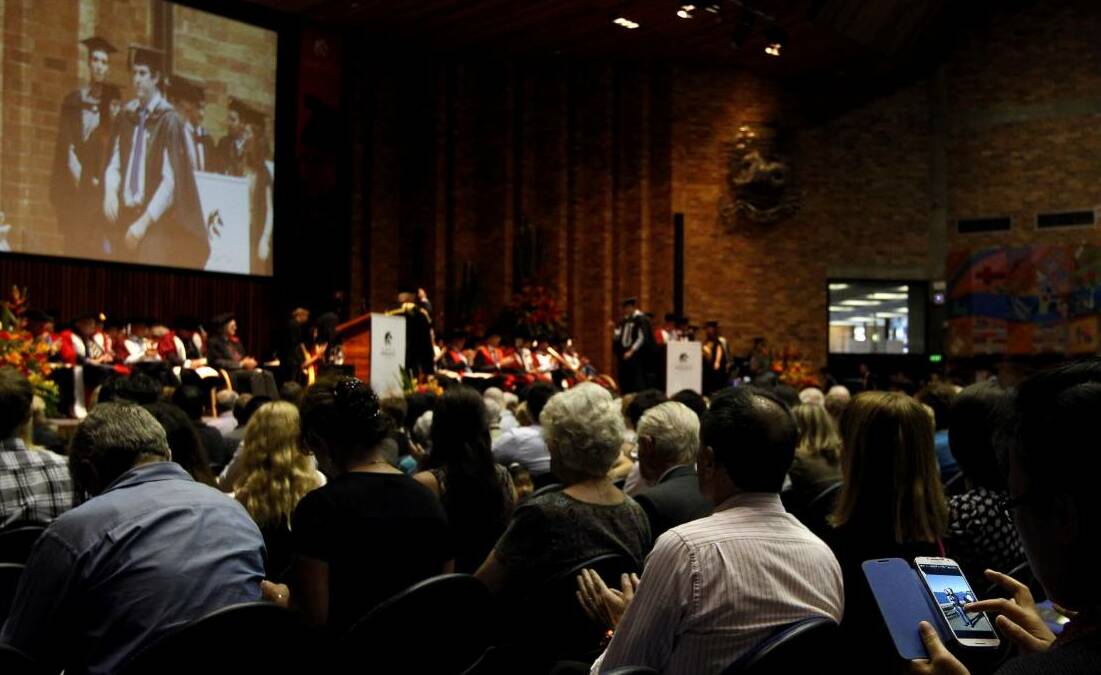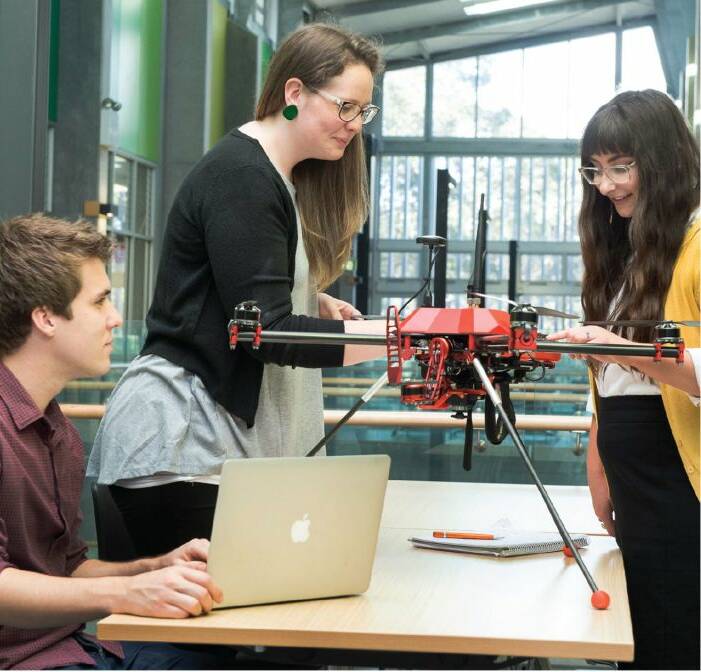
The University of Newcastle is poised to play a key role in providing alternative education pathways for workers who will be displaced during the Hunter's energy transition.
Vice-chancellor Alex Zelinsky predicted the demand for the university's enabling programs over the next 20 years would be similar to when hundreds of workers lost their jobs following the closure of BHP Steelworks in the late 1990s.
Like steelworkers of generations past, many people who work in the Hunter's mining sector once believed they had a so-called 'job for life' after leaving school. It is likely many of these workers will seek out enabling courses as they move into new careers.
A program typically consists of a six or 12 month program of coursework designed to allow students to undertake tertiary studies.
"We have had the (enabling programs) infrastructure here for a long time," Professor Zelinsky said.
"There are been people from heavy industry to hospitality to who have completed the courses and the conversion rate (into a degree program) is quite high."
The university has also diversified its engineering-related programs to reflect the region's transition towards clean energy and manufacturing.
A Bachelor of Renewable Energy Engineering, introduced in 2019, presents an option for students seeking a future in diversified energy technologies.

A Bachelor of Aerospace Systems Engineering was created in response to the rapid growth of aerospace industries in the region, while the Bachelor of Medical Engineering degree will produce graduates for another booming sector.
"These are industries that are going to require a highly skilled workforce," Professor Zelinsky said.
"The jobs created from the maintenance of the F-35 are going to be around for a long time.
"We're also working with TAFE, to provide complementary skills. A lot of people will want to upskill and we are providing enabling pathways to allow them to do that.
As an example, the university has created a one year diploma as an alternative pathway into an engineering degree.
"Our engineering degree is a very high standard, one of the best in the country, but we have provided the diploma as an entry transition point. If you can't make it through you will get the flavour so you can go off and do something else which may be engineering related," Professor Zelinsky said.
Ironically, the university's energy research and development powerhouse, the Newcastle Institute to Energy and Resources (NIER) was established on the site of the former BHP research laboratories at Shortland.
The institute will be at the centre of a $50 partnership with the University of NSW that will produce clean energy and recycling innovations through the creation of the Australian Trailblazer Recycling and Clean Energy Program.
"Without doubt it (NIER) has been an outstanding success story," professor Zelinsky said.
"We still work with BHP, which is funding our research into green steelmaking - how do you make blast furnaces that have lower emissions? I think that's a very good example of the university's role in energy transition."







